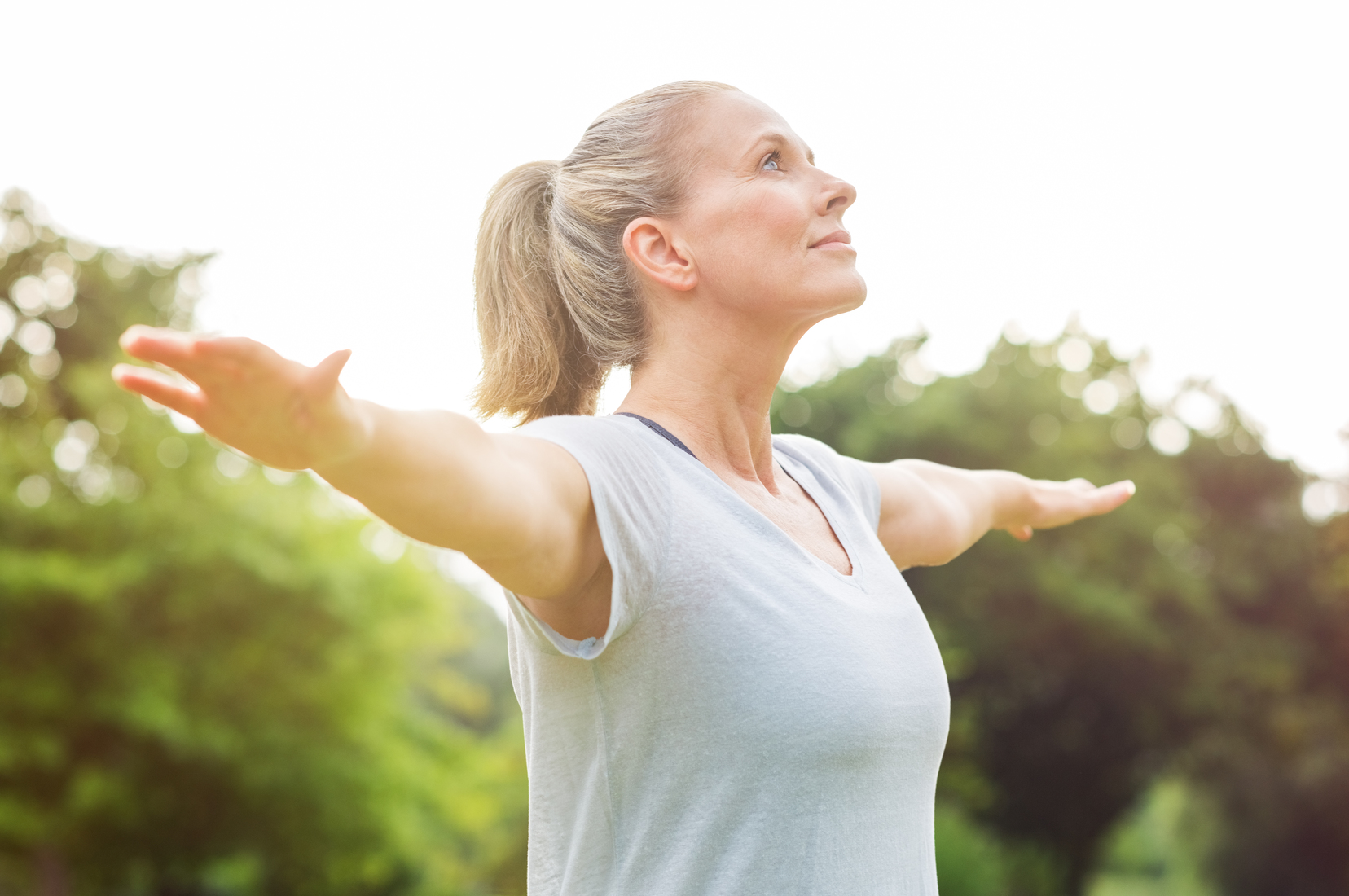Although warmer days and widespread vaccinations are on the horizon, the COVID-19 pandemic is far from over. That’s why we asked some of the North Shore’s top therapists to provide some dos and don’ts for getting through the rest of this pandemic winter.
Do prioritize movement
Cold weather combined with stay-at-home recommendations means it’s easier than ever for an afternoon of “Netflix and chill” to turn into weeks and months on the couch. Yet being sedentary can negatively affect both your physical and emotional health.
“I always recommend making some sort of movement a priority,” says Danvers-based Rose Pietal, LICSW. “This could be a five-minute walk, yoga, dancing in your kitchen, or just striving to hit a step goal. Movement is medicine.”
Getting up and moving “doesn’t need to be strenuous or exhausting.” Instead, simply incorporate something fun and that you enjoy into your routine.

“You’ll find yourself having more energy and loving the feel-good boost you’ll get from the endorphins,” Pietal says.
Don’t rely too much on screens
Screens are vehicles for entertainment, work, school, socializing, doctor appointments, workout classes, and more. But logging off is important, too, and trying to achieve pre-pandemic levels of efficiency sets an unhealthy and unrealistic precedent, says Lauren Bennett, M.A., LMHC, of Hale Counseling & Coaching in Hamilton.
“Some people even report that too much time spent talking to others remotely constantly reinforces the fact that we can’t see some people in person, making this form of connection even more depressing,” she says. “Recognize when it’s time for you to log off and take a break from the screen.”
Do get outside
It can be easy to go days without leaving the house, especially in the cold weather. Avoid that trap. Pietal suggests going for a walk, a drive, or sitting outside by the fire to help you feel refreshed and rejuvenated.
“You’ll enjoy the change of scenery and won’t feel so cooped up,” she says.
Bennet agrees, noting that there “are entire mental health treatment programs dedicated to fresh air. Fresh air means oxygen, and oxygen means brain food.”
Don’t drink too much alcohol
As the pandemic wears on, many people are increasingly turning to alcohol to ease anxiety, stress, worry, and boredom.
“While the occasional beverage may not be harmful, keep in mind that alcohol is known to disrupt sleep, induce overeating, and reduce levels of mood-boosting vitamin B, all of which lead to further mental distress,” says Bennett.

Swampscott-based Rachel Fischer, LICSW, agrees. “Alcohol can affect our sleep cycle, is a depressant, and can impair functioning and the ability to be emotionally present,” she notes.
Do practice gratitude and mindfulness
Heartache, loneliness, fear, and civil unrest make it hard to focus on gratitude. But doing so can help.
“This is hard, isolating, overwhelming and, at times, heart wrenching,” Pietal says. “Incorporating gratitude into your daily routine can help you focus on what you do have rather than everything and everyone we’re missing.”
Bennett also recommends a technique called grounding for moving out of feelings like anxiety and depression.
“Take a moment to inhale deeply through your nose slowly and exhale slowly. While breathing deeply, notice one thing you can see, one thing you can hear, one thing you can smell, one thing you can feel, and (maybe) one thing you can taste,” she says. “This exercise works even better outdoors because there is so much more sensory stimuli to notice.”
Don’t neglect yourself
Being home all the time makes it easy to slip into negative habits. Fischer says to watch out for the following:

- Not keeping up a consistent sleep schedule, including getting too little or too much sleep
- Drinking too much
- Overeating
- Not getting dressed or showered
- Neglecting food prep
- Engaging in negative self-talk
- Isolating from pleasurable activities or supportive people
- Avoiding activities like work, opening mail, paying bills, or ignoring outreach from loved ones
- Spending too much time on social media or watching the news
Do eat right
Good nutrition and healthy foods are more important than ever before.
“These winter months of diminished sunlight, and therefore vitamin D, commonly lead to those “winter blues” or, clinically, seasonal affective disorder,” Bennett says. “Now add the fear and isolation brought on by the pandemic, and these feelings compound exponentially. Aiming to include lots of fresh fruits, vegetables, lean protein, whole grains, and water in your diet can help tremendously.”
Don’t hesitate to ask for help
It’s a scary and stressful time, so don’t be afraid to talk to your doctor and get additional help from a professional.
“I have been in practice for over 20 years—since before 9/11—and I have never seen this much suffering,” Fischer says. “This year has been a very difficult time, and even if you have a lot to be grateful for, it doesn’t make what you are going through any less difficult. Be kind to yourself.”
Do find a purpose
When the world feels scary or overwhelming, help yourself by helping others.
“Shovel a neighbor’s driveway, drop off food at a food pantry, make something for an elderly neighbor, send a card to a health care worker, bake a treat for someone, write letters to a soldier serving abroad,” Fischer says. “Having a sense of altruism and hope and doing something kind for someone else helps the giver as well as the receiver.”

